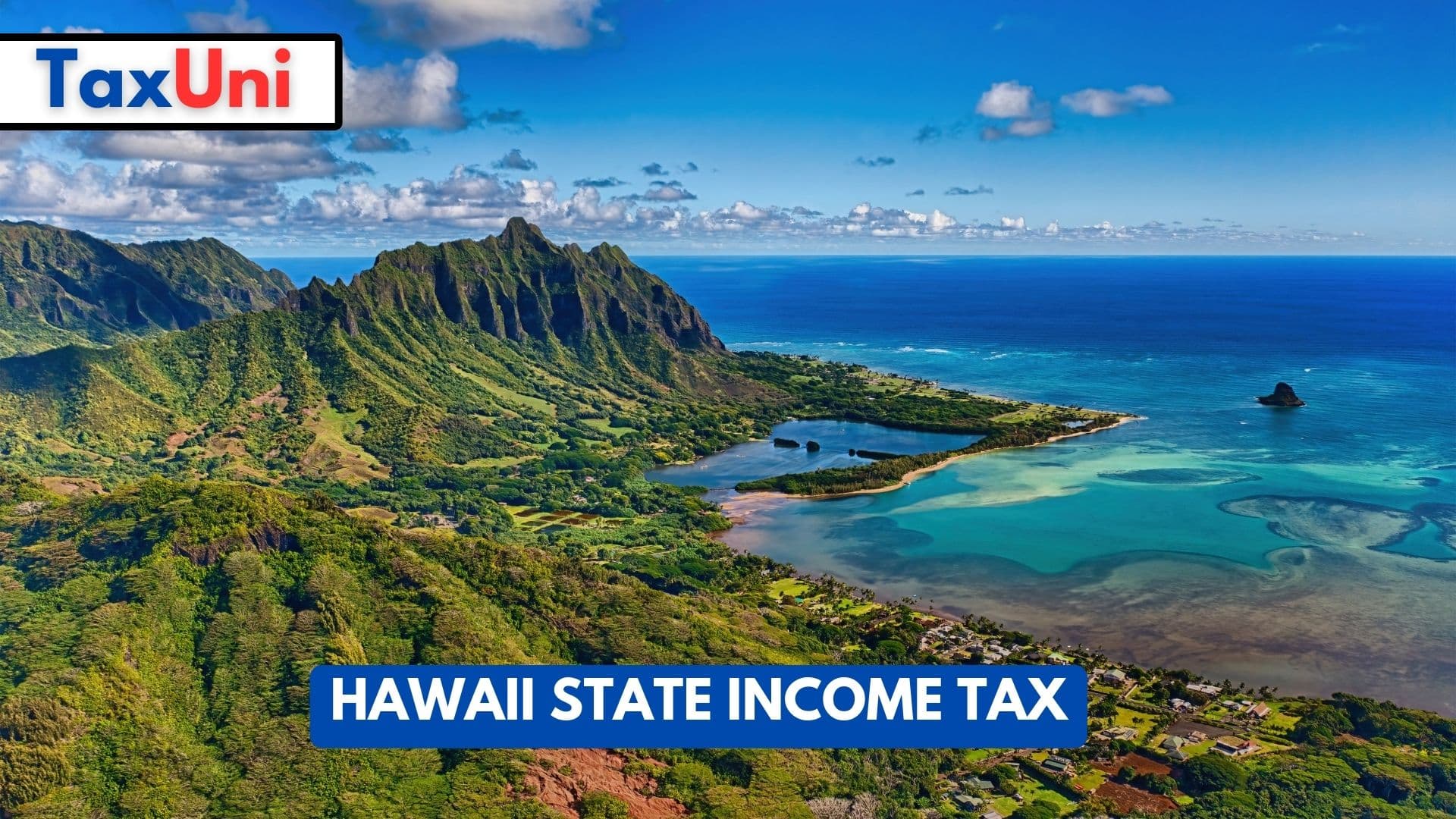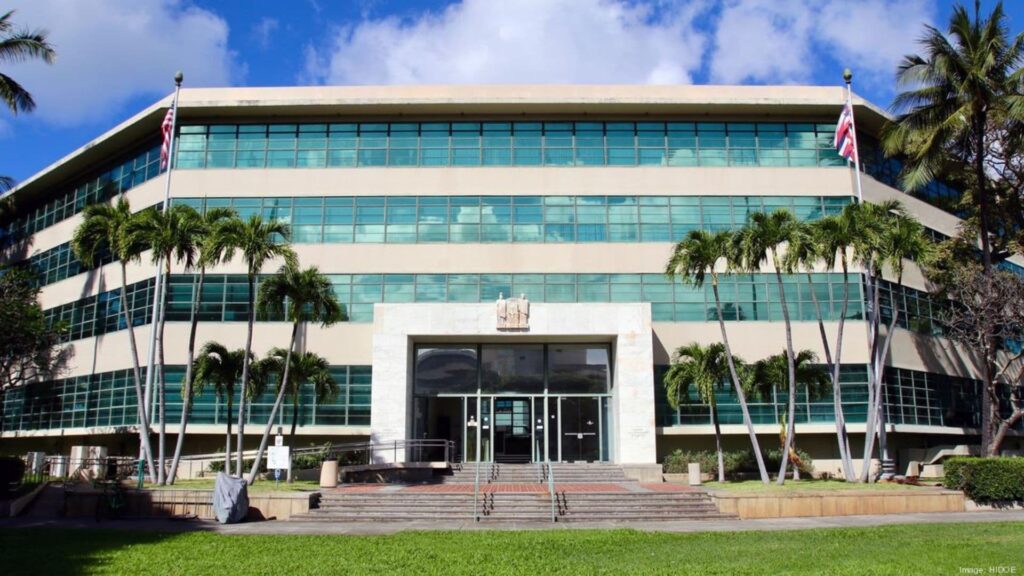Hawaii State Income Tax
Hawaii state income taxes are an important part of your overall tax bill. These taxes are based on your income and tax bracket and can be reduced with deductions and credits.

Contents
Hawaii state income tax is levied on all taxable income a resident or nonresident earns. The rate varies between 1.4% and 11%, depending on income level. The state also taxes capital gains at a graduated rate, and several ways exist to reduce the tax burden. For example, you can invest in renewable energy projects that qualify for significant government incentives and deduct a portion of your income from charitable deductions. Individuals also pay property taxes, which cover costs for local school districts, police and fire departments, parks, and sewage systems. The state does not have a flat property tax rate, but counties may adopt a county surcharge on the State General Excise Tax (GET).
Owners and members of pass-through entities—sole proprietorships, partnerships, and limited liability companies—pay their business’s state income tax through personal tax returns. They can claim itemized deductions, including contributions to an individual housing account and premiums paid for legal services plans. Individuals can also claim the standard deduction, which is equal to $2,200 for single filers and $3,600 for married persons filing jointly.
How to File Hawaii State Income Tax?
There are two main ways to file your Hawaii state income tax: electronically or on paper:
- Hawaii Tax Online (HTO): This is the recommended and free way to file electronically. You can file your individual and corporate income tax returns, make payments, and manage your account online. https://tax.hawaii.gov/forms/
- IRS Modernized e-File Program: You can also electronically file your federal and state returns through approved tax preparation software or tax professionals participating in this program.

Hawaii State Income Tax Due Dates
The state of Hawaii uses the same filing deadlines as the federal government, which is April 15. Individuals filing a late tax return can request an extension with Form N-200V. However, they must pay any taxes owed by the original due date.
Hawaii employers must withhold the correct amount of state income tax from their employees’ paychecks. They must also file a state unemployment insurance tax return and report new hires within 20 days of their start date.
Hawaii State Income Tax Exemption
The Aloha State doesn’t have a personal exemption, but its gas taxes are the second lowest in the country at 16 cents per gallon for gasoline and diesel. It does have a sales and use tax, known as the General Excise Tax (GET), which is broad-based and covers wholesale and retailing, services, construction contracting, rental of personal and real property, business interest income, royalties, and more. Out-of-state retailers may be required to pay GET if they have a significant connection to the state, known as nexus.





